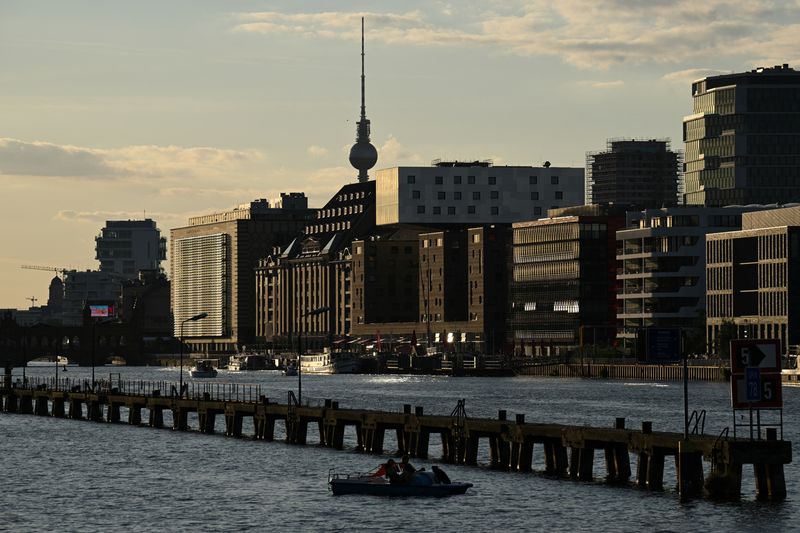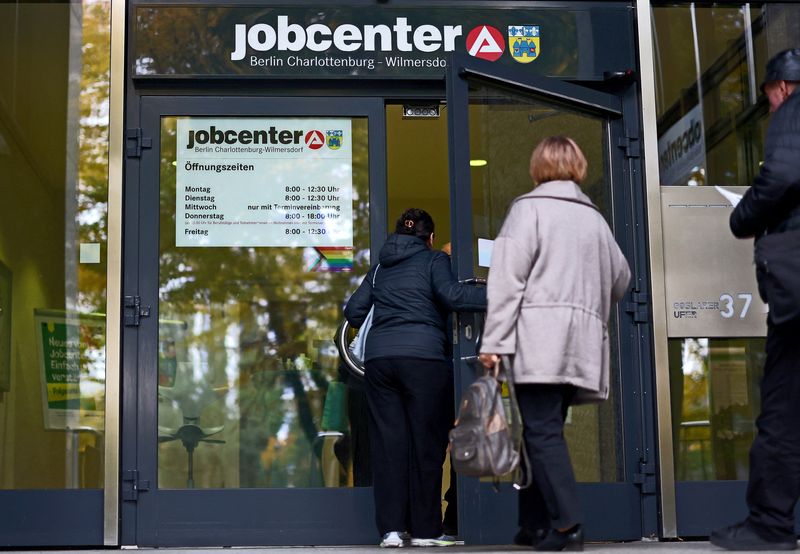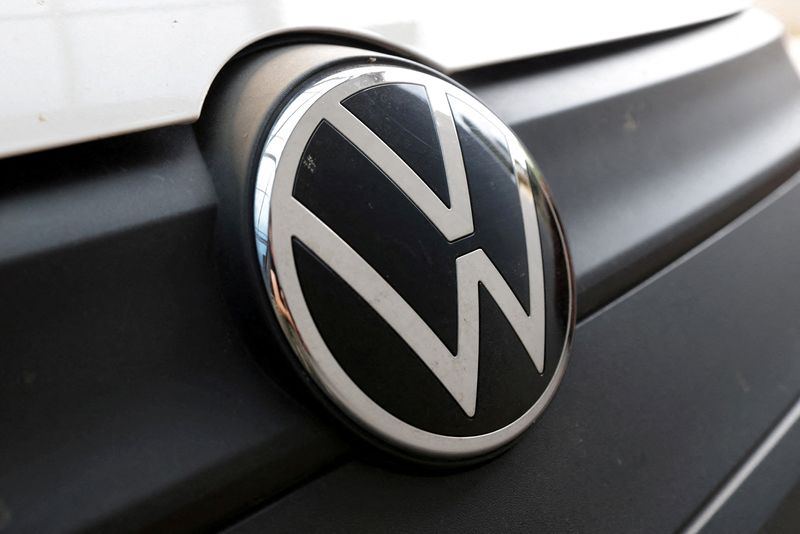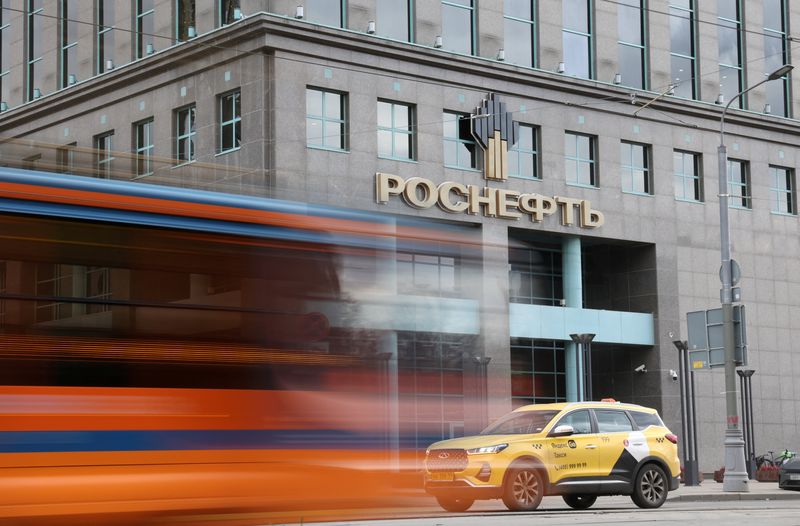Germany’s Economy Stagnates Amid Tentative Hopes for Revival
NegativeFinancial Markets

Germany's economy is facing challenges, with zero GDP growth in the third quarter following a slight decline in the previous quarter. This stagnation highlights the impact of higher U.S. tariffs, which have created uncertainty for businesses and consumers alike. Understanding these economic shifts is crucial as they could influence future policies and recovery efforts.
— Curated by the World Pulse Now AI Editorial System








